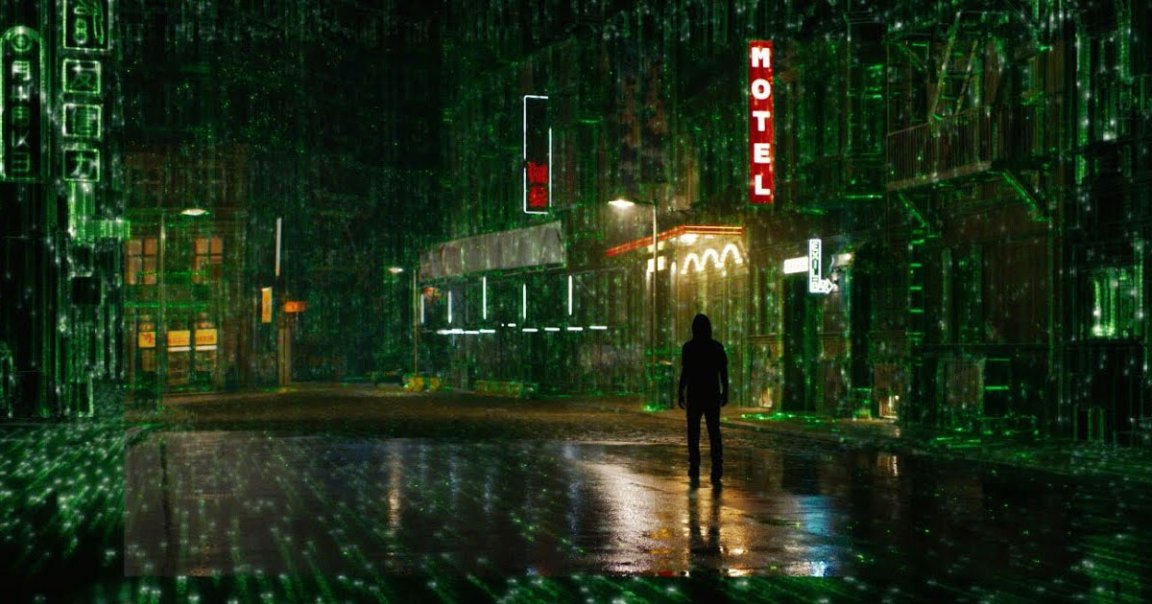
GAImers Rise
The use of artificial intelligence in the development of video games has been met with both excitement and dread.
According to a recent industry report by game engine developer Unity, studios are already using AI to save time and boost productivity by whipping up assets and code.
But given enough time, the video games of the future could soon be entirely created with the use of AI — maybe even within just ten years, according to Nvidia CEO Jensen Huang, the man behind a company that’s greatly benefitting from selling thousands of graphics processing units (GPUs) to some of the biggest players in the AI industry.
The company showed off its latest hardware GPU Technology Conference this week. Towards the end of the event, a journalist asked Huang when we could see the emergence of video games “where every pixel is generated at real-time frame rates,” as quoted by Tom’s Hardware.
“In five years from now, you’re probably right in the middle where everything is changing in real-time, and everybody’s going, ‘Oh, look at that, this is happening,'” he replied. “And so I would say that within the next five to ten years, somewhere in between, it’s largely the case.”
Virtual Worlds
Of course, we still have no idea what a future in which entire digital words are being generated on the fly by an AI looks like.
While image and video generators like OpenAI’s recently announced Sora have made substantial progress in a matter of a couple of years, we’re likely still many years away from being able to interact with three-dimensional spaces that were entirely imagined by AI models, nevermind doing so in realtime. (And if they did, it’d likely only add fuel to the fire of the simulation hypothesis.)
But the progress is still palpable. Video game publisher Ubisoft showed off prototypes for AI-powered non-playable characters, dubbed “NEO NPCs,” this week, allowing human players to have a natural conversation with a digital avatar, though when or if these AI NPCs will ever make an appearance in playable games is still unclear.
The democratization of AI tools could soon mean that even individuals who have little coding knowledge are able to make substantial contributions to the development of video games in the near future.
But where the tech will eventually take us remains to be seen. That’s not to mention the moral dubiousness of training AIs on existing work without crediting original creators, a “copyright crisis,” as Wired put it last year, that likely won’t spare the video game industry.
More on AI and video games: Ubisoft Shows Off AI-Powered NPC That Can Talk Back